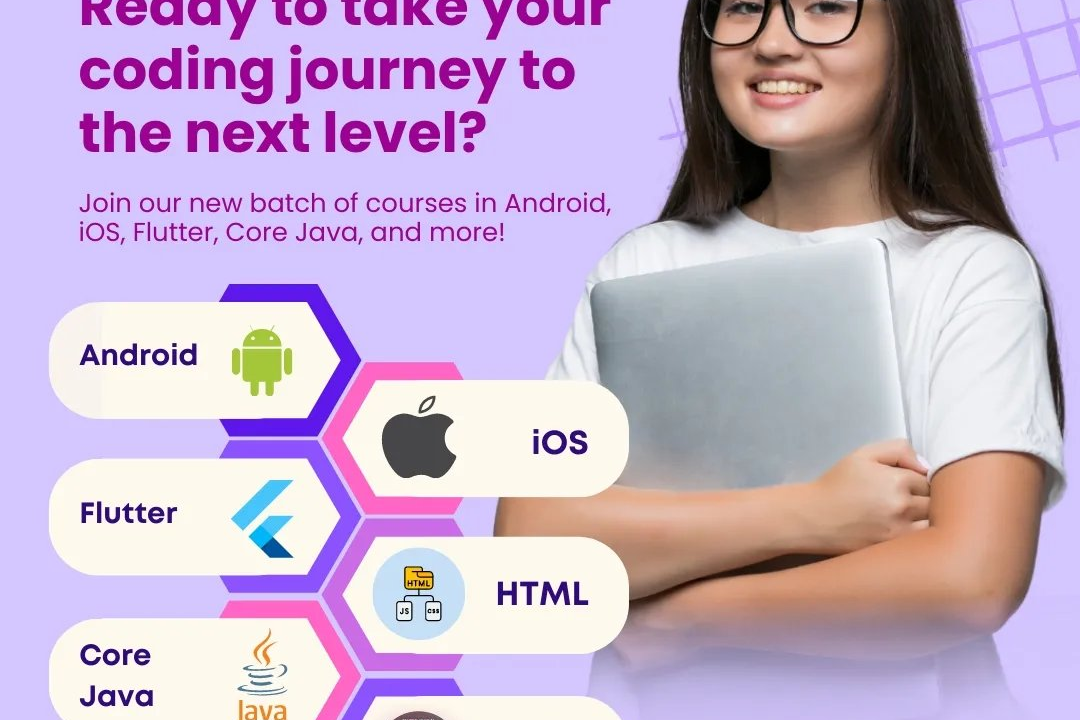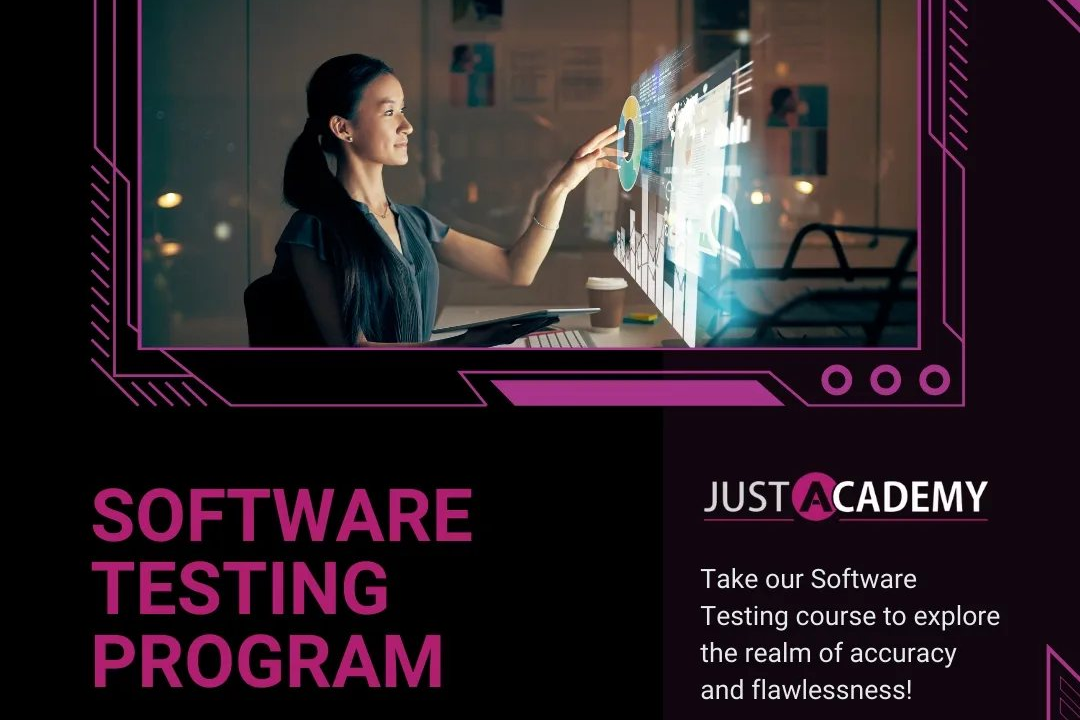Common Basic Interview Questions Net C C+ Perl Php
Common basic interview questions for .NET, C, C++, Perl, and PHP typically focus on fundamental prog
Common Basic Interview Questions Net C C+ Perl Php
Understanding common basic interview questions for .NET, C, C++, Perl, and PHP is essential for candidates aiming to excel in technical interviews. These questions serve as a foundation to assess a candidate's grasp of programming fundamentals, language-specific features, and problem-solving skills. Familiarity with these topics not only prepares candidates to answer effectively but also enhances their confidence in demonstrating their expertise. Mastery of core concepts—ranging from object-oriented programming in C++ to web development practices in PHP—can significantly enhance job prospects and performance in roles that require these programming languages. This knowledge is crucial for real-time project applications and ensures candidates are well-equipped to meet industry demands.
To Download Our Brochure: https://www.justacademy.co/download-brochure-for-free
Message us for more information: +91 9987184296
Understanding common basic interview questions for .NET, C, C++, Perl, and PHP is essential for candidates aiming to excel in technical interviews. These questions serve as a foundation to assess a candidate's grasp of programming fundamentals, language specific features, and problem solving skills. Familiarity with these topics not only prepares candidates to answer effectively but also enhances their confidence in demonstrating their expertise. Mastery of core concepts—ranging from object oriented programming in C++ to web development practices in PHP—can significantly enhance job prospects and performance in roles that require these programming languages. This knowledge is crucial for real time project applications and ensures candidates are well equipped to meet industry demands.
Course Overview
The ‘Common Basic Interview Questions: .NET, C, C++, Perl, PHP’ course is designed to equip learners with foundational knowledge and practical skills essential for succeeding in technical interviews. This comprehensive program covers a wide range of fundamental concepts, such as object-oriented programming, data structures, and language-specific features across .NET, C, C++, Perl, and PHP. Through real-time projects and practice interviews, participants will gain valuable insights into typical interview questions and best practices, enhancing their problem-solving abilities and boosting their confidence. By the end of the course, learners will be well-prepared to tackle interviews and demonstrate their proficiency in these vital programming languages, positioning themselves as strong candidates in the competitive job market.
Course Description
The “Common Basic Interview Questions: .NET, C, C++, Perl, PHP” course offers an in-depth exploration of essential concepts and techniques across these programming languages, aimed at preparing learners for technical interviews. Participants will engage with key topics such as object-oriented programming, data structures, and language-specific functionalities. The course includes real-time projects and practical exercises that simulate actual interview scenarios, enabling learners to develop a solid understanding of common interview questions and best practices. By the end of the course, participants will be equipped with the skills and confidence needed to succeed in competitive job interviews within the programming field.
Key Features
1 - Comprehensive Tool Coverage: Provides hands-on training with a range of industry-standard testing tools, including Selenium, JIRA, LoadRunner, and TestRail.
2) Practical Exercises: Features real-world exercises and case studies to apply tools in various testing scenarios.
3) Interactive Learning: Includes interactive sessions with industry experts for personalized feedback and guidance.
4) Detailed Tutorials: Offers extensive tutorials and documentation on tool functionalities and best practices.
5) Advanced Techniques: Covers both fundamental and advanced techniques for using testing tools effectively.
6) Data Visualization: Integrates tools for visualizing test metrics and results, enhancing data interpretation and decision-making.
7) Tool Integration: Teaches how to integrate testing tools into the software development lifecycle for streamlined workflows.
8) Project-Based Learning: Focuses on project-based learning to build practical skills and create a portfolio of completed tasks.
9) Career Support: Provides resources and support for applying learned skills to real-world job scenarios, including resume building and interview preparation.
10) Up-to-Date Content: Ensures that course materials reflect the latest industry standards and tool updates.
Benefits of taking our course
Functional Tools
1 - Visual Studio
Visual Studio is an integrated development environment (IDE) developed by Microsoft. It supports multiple programming languages, including C# and C++. In this course, students will learn to navigate Visual Studio's interface, utilize its debugging tools, and leverage its code completion features. The IDE simplifies the coding process and enhances productivity, making it an essential tool for both beginners and experienced programmers. Students will engage in practical exercises to create, compile, and debug applications using Visual Studio, preparing them for real world programming challenges.
2) Eclipse
Eclipse is an open source IDE primarily used for Java development, but it also supports C/C++ through the C/C++ Development Tooling (CDT) plugin. In this course, students will explore how to set up Eclipse for C/C++ programming. They will learn to create projects, write code, and manage dependencies efficiently. Eclipse’s rich ecosystem of plugins enhances its capabilities, allowing for seamless integration with various tools required for development and testing. Students will benefit from hands on exercises in Eclipse to solidify their understanding of the build process and project management.
3) Notepad++
Notepad++ is a lightweight text editor that supports various programming languages, including Perl and PHP. It is favored for its simplicity and powerful features like syntax highlighting, code folding, and plug in support. In this course, students will utilize Notepad++ for quick coding tasks and scripting exercises, allowing them to focus on syntax and logic without the overhead of a full IDE. Its user friendly interface encourages experimentation and rapid development, making it an excellent choice for beginners learning Perl and PHP.
4) XAMPP
XAMPP is a free and open source cross platform web server solution stack package that includes Apache, MySQL, PHP, and Perl. In this course, students will learn to set up a local server environment using XAMPP to test their PHP and Perl applications effectively. Mastering XAMPP enables students to deploy their applications in a safe and controlled environment, facilitating easier debugging and testing. They will gain hands on experience in managing databases and configuring server settings, essential skills for web development.
5) Git
Git is a distributed version control system that allows developers to track changes in their code and collaborate on projects. In this course, students will learn the fundamental concepts of version control, including branching, merging, and commit history. Git enables students to manage their code more efficiently and revert to previous versions when necessary. Understanding how to use Git is crucial for cooperating with teams and contributing to shared codebases, making it an invaluable skill in the software development landscape.
6) Postman
Postman is a powerful API testing tool that allows developers to send requests and test the functionality of web services developed in PHP or Perl. In this course, students will learn to utilize Postman to create and send various types of HTTP requests, analyze responses, and automate tests. It provides an intuitive interface for testing APIs, which is essential for ensuring the reliability of the back end services students create. Gaining proficiency with Postman will help students understand how their applications interact with external services and enhance their testing methodologies.
Certainly! Here are some additional points for each tool mentioned, providing deeper insights and highlighting their significance in the learning process offered by JustAcademy.
Visual Studio
Multiple Language Support: Visual Studio supports multiple languages beyond C# and C++, such as Visual Basic, F#, and Python, providing learners with versatility in their programming journey.
Extensions and Marketplace: The Visual Studio Marketplace offers a vast range of extensions, enabling students to customize their IDE according to their needs, such as adding Git integration, enhanced debugging tools, or additional language support.
Integrated Testing Tools: Built in testing frameworks, like MSTest and NUnit, allow students to write unit tests directly within the IDE, reinforcing best practices in software development.
Collaboration Features: Integration with Azure DevOps and GitHub offers seamless collaboration options, allowing students to work on group projects and understand the software development lifecycle.
Eclipse
Cross Platform Compatibility: Eclipse runs on various operating systems such as Windows, macOS, and Linux, giving students the flexibility to use their preferred environment.
Refactoring Tools: Eclipse provides powerful refactoring tools that help students restructure their code efficiently without changing its external behavior, promoting maintainable code practices.
Debugging Features: Advanced debugging capabilities, including interactive debugging, enable students to troubleshoot issues in real time and understand how their code executes step by step.
Community and Resources: An extensive community and abundant resources, such as forums and tutorials, provide students with ample support and learning materials.
Notepad++
Customization: Students can customize the editor’s UI with themes and styles, making it a personalized coding environment that enhances productivity and comfort.
Macros: The ability to record and playback macros allows students to automate repetitive tasks, encouraging efficiency in their workflows.
Lightweight & Speed: As a lightweight application, Notepad++ loads quickly, making it an ideal choice for students seeking to write scripts or conduct quick edits without delays.
Open Source Nature: Being open source, Notepad++ has a large base of contributors, ensuring that it stays updated with the latest features and bug fixes, allowing students to benefit from a continuously evolving tool.
XAMPP
Comprehensive Solution: XAMPP combines several essential components (Apache, MySQL, PHP, Perl) into one package, simplifying the process of setting up a local development environment for web applications.
Easy Configuration: The XAMPP control panel enables students to start and stop the server and manage database services with ease, making it user friendly for newcomers.
Database Management: Integrated phpMyAdmin allows students to manage MySQL databases through a web interface, simplifying tasks such as database creation and data manipulation.
Security Awareness: Students will also learn about the importance of securing web applications and database setups, preparing them for real world deployment scenarios.
Git
Branching Strategies: Understanding different branching strategies, such as Git Flow and feature branching, equips students to collaborate more effectively in team projects.
Remote Repositories: Students will learn how to connect to remote repositories using platforms like GitHub, GitLab, or Bitbucket, enhancing their collaborative capabilities and code sharing.
Commit Messages Best Practices: Learning how to write descriptive commit messages fosters better project documentation and aids team members in understanding the project history.
Conflict Resolution: Hands on experience with merging and conflict resolution provides students with practical skills needed to navigate common challenges in collaborative software development.
Postman
Environment Management: Students will explore how to create and manage environments in Postman, enabling them to switch between different settings (e.g., development, testing, production) effortlessly.
Testing Suites: The ability to write tests in JavaScript within Postman allows students to automate testing for their APIs, encouraging them to adopt a test driven development approach.
Documentation Generation: Postman can generate API documentation automatically, helping students learn to document their APIs properly, a valuable skill for any developer.
Collaboration Features: With Postman’s team workspace functionality, students can share collections and collaborate on API development and testing within their teams, enhancing their teamwork experience.
These additional points add depth and context to the significance of each tool, enhancing the overall learning experience at JustAcademy.
Browse our course links : https://www.justacademy.co/all-courses
To Join our FREE DEMO Session:
This information is sourced from JustAcademy
Contact Info:
Roshan Chaturvedi
Message us on Whatsapp:
Email id: info@justacademy.co












